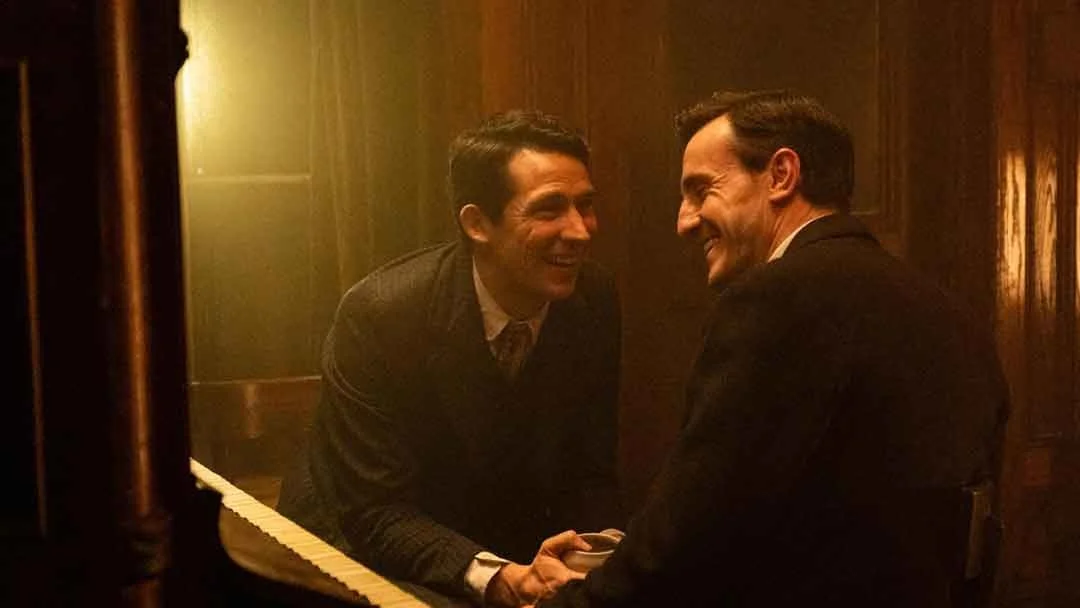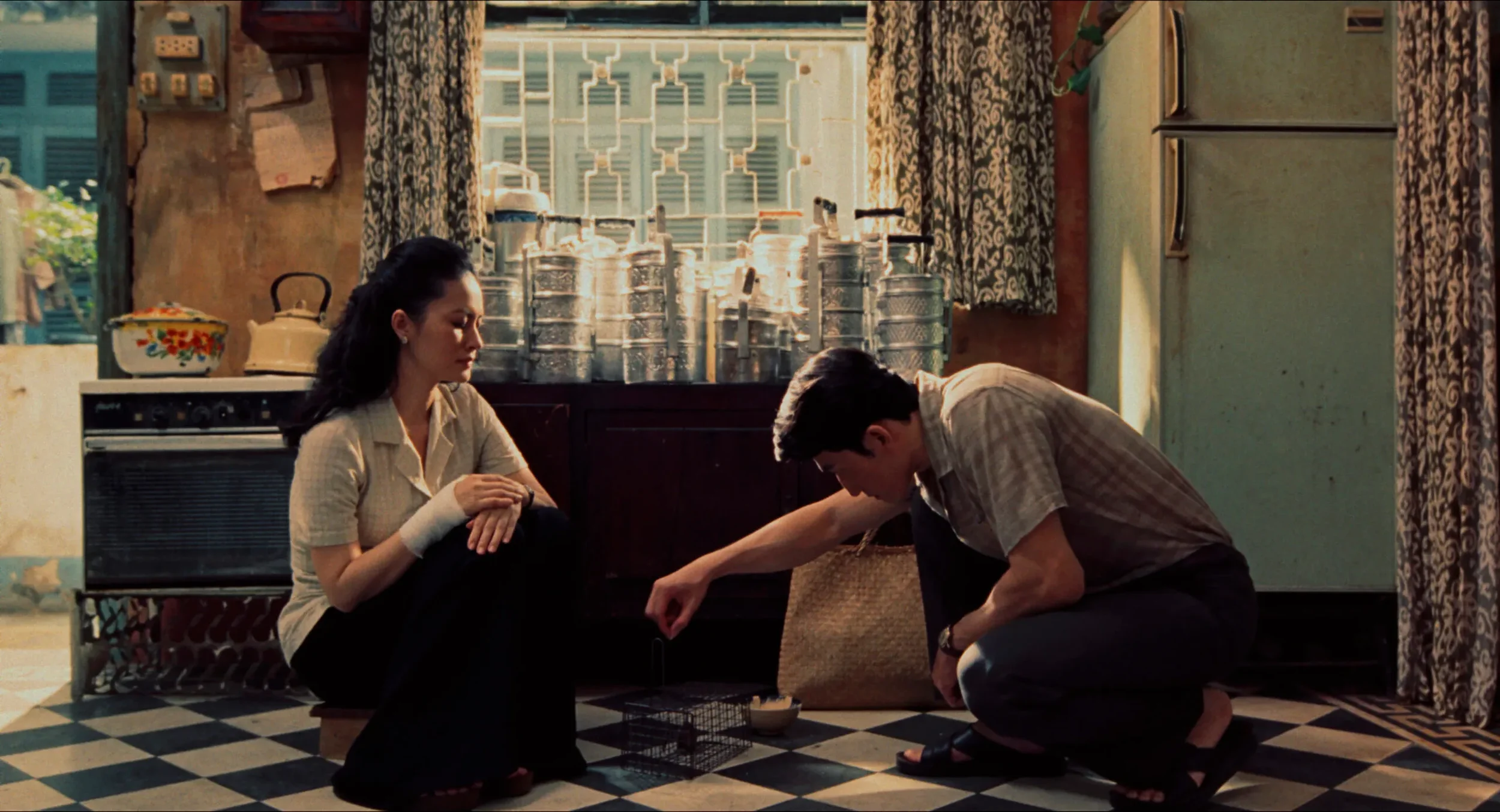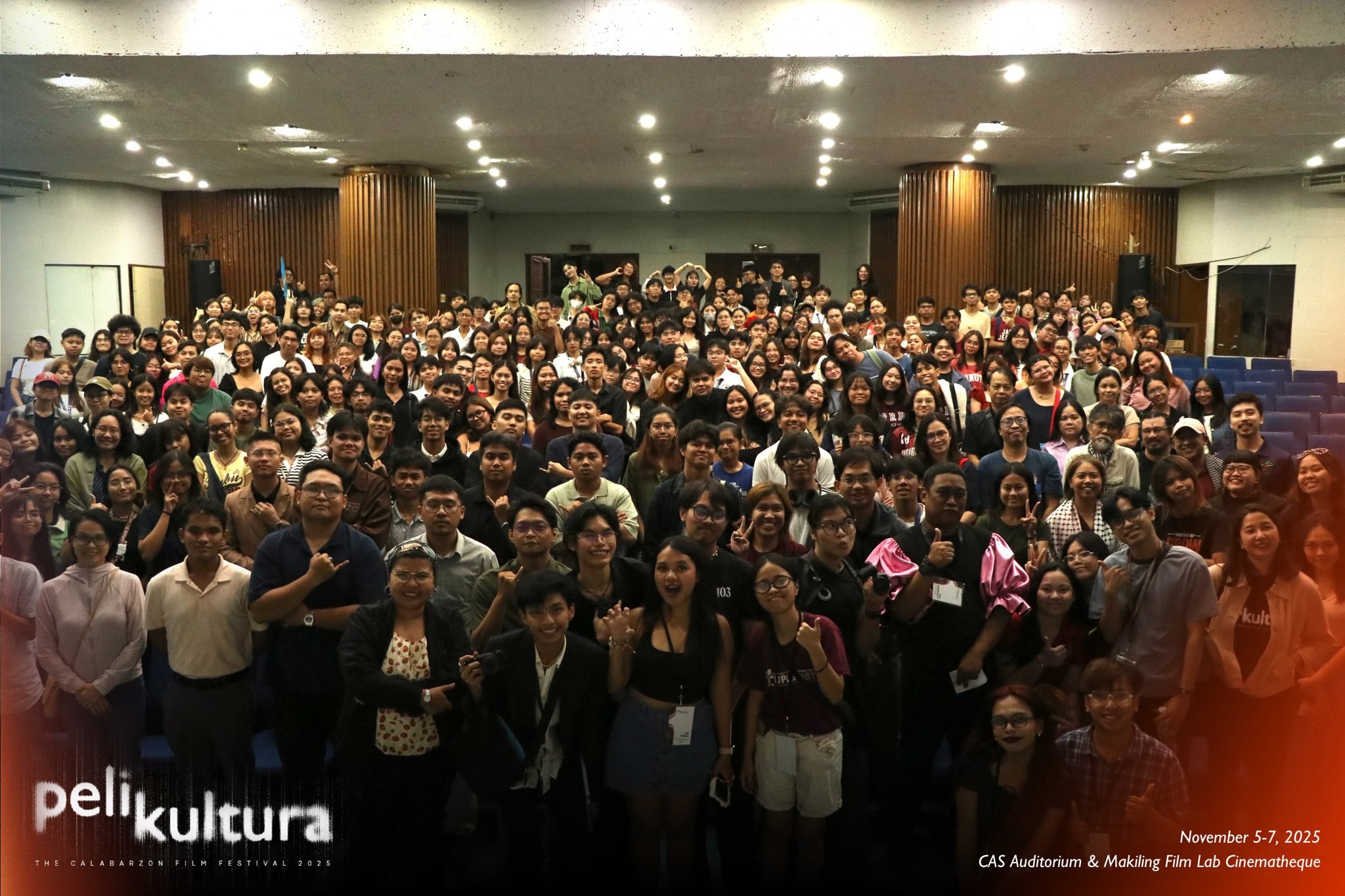‘Next Sohee’ REVIEW: A Grueling Rat Race
‘Next Sohee’ REVIEW: A Grueling Rat Race
For some outsiders, it can be quite easy to fawn over the seemingly robust sociocultural development espoused in South Korea. The glitzy entertainment industry, its cultural dominance, and the endless stream of development coming out are just the many instances that can capture the uncritical eye. Next Sohee seeks to demystify the friendly nature exhibited by such a country, as there is a deeper, inherently dangerous rat race coming out of the doldrums of its working class.
July Jung’s exposé of such a rat race is interesting, in that it identifies a dimension of South Korean culture not often expressed in detail, much less the unfairly competitive system built on corruption, crab mentality, and ruthlessness of working-class labor. If only this film could consistently find itself crawling out of such a tepid structure, which makes it feel too repetitive despite the emotionally devastating walls it puts up.
The film begins with Sohee, a high school student toiling away in an empty dance room at a choreography she recorded earlier. Given how much of her exhaustion and fatigue is shown in this single opening take, what’s to come will most likely be the most challenging period for the young high schooler. Much of the first half of the film sets up her prospects in life: her intimate relationships with her fellow high school classmates, her irregular sense of determinism, and crucially, her time being sent into a call center as part of her school’s employment initiative. Much of the film will be centered around this, and Kim Si-eun’s performance as the titular Sohee carries with it the respectable amount of naiveté and innocence that sells even as she begins to toil and suffer more under the constrictive cubicles of her call center.
At this point, it should be lauded at least that in the quest to unfurl this issue, the film barely resorts to any music, opting only for the sound of conversations and the quiet background noise of each scene. The cinematography is largely subdued, slow, and tender on the eyes.
Midway through the film, the story shifts perspectives from high schooler Sohee to upstart criminal detective Yoo-Jin. Without revealing much, the film consistently keeps Sohee engaged as part of the story despite the shift in perspective. But this portion of the film is where I begin to diverge as far as the emotional peak of this film is concerned. The problem with Next Sohee is not in its content, but in the way its saga presents itself.
What prominently takes place in the second half of this film is its police-procedural elements, of which the mystery is not hidden and the point is clear: there’s a systemically corrupt system in place, perpetrated by the people in power and its participants. Notwithstanding the reality that South Korean high schoolers spend 16 hours a day in school, the system is more or less designed to destroy and reduce people into cogs and strip them of any semblance of sanity. (In the film’s case, Sohee’s ability to dance– though that is also not without its own jab at the entertainment industry!) The film makes this thought clear, sometimes to a fault. The tendency by the second half is that these elements when displayed sometimes border on being preachy, and the understated nature of Doona Bae’s role doesn’t help in ameliorating such concerns. But don’t get me wrong, this film still finds its way becoming tender, yet unseemingly brutal in its dissection.
However, the overall structure of Next Sohee begs the question: what if this film had just been edited or constructed with the stories simultaneously happening? The film’s two halves share plenty of similarities, especially with the way both characters develop or respond to particularly stressful situations thrown at them. It’s clear that Sohee and Yoo-jin are one and the same character, in that both are unfortunate participants in the hyper-competitive culture of South Korea. At some point, they too, adopt scenes from the other, and one begs to ask why the film’s ultimately repetitive nature couldn’t be trimmed like that. A recut version of this film offers a lot more promise in light of what is currently there, and the contents certainly show it.
Despite its passively cyclical nature though, Next Sohee still has the ability to make itself sympathetic to its characters. There’s no denying the emotional impact it could have as a film, but that impact could certainly be made more consistent with much better flourishes.
Next Sohee made its QCinema 2022 debut last November 18. The film’s next and final run as of this writing is on November 24 at Gateway Cineplex 5/1.
















